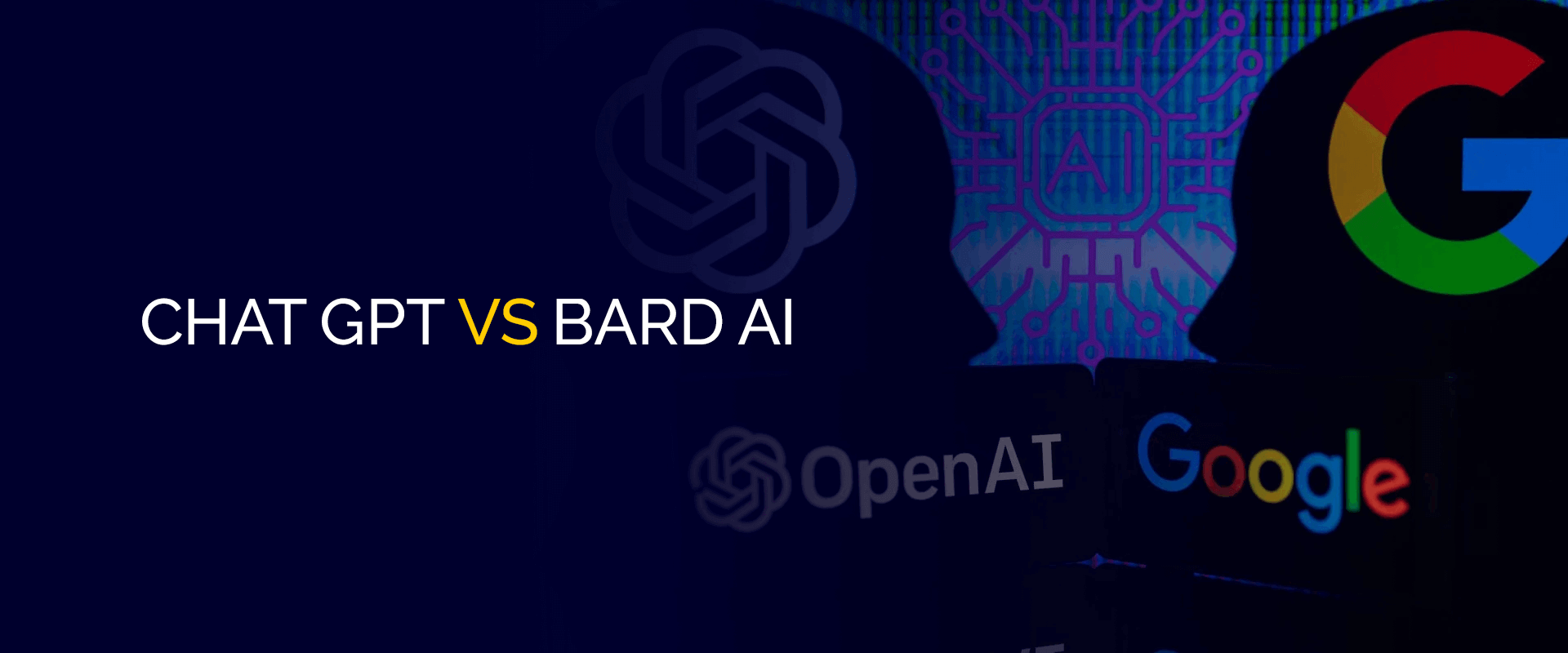Google’s AI journey has taken a significant leap forward with the recent upgrade of its language model, Bard. This update, powered by the company’s most advanced AI model, Gemini, promises to significantly enhance Bard’s capabilities, potentially closing the gap with its competitor, OpenAI’s ChatGPT.
Key Highlights:
- Google Bard receives a significant performance boost powered by Gemini, the company’s “most capable AI model.”
- This upgrade aims to close the gap between Bard and its competitor, ChatGPT, in areas like reasoning and factual accuracy.
- Gemini’s capabilities allow Bard to better understand and respond to complex queries, perform calculations, and even generate code.
- Despite concerns about Gemini’s performance in various languages, Google assures its effectiveness in Bard’s latest iteration.
- This upgrade marks a crucial step in Google’s pursuit of AI supremacy, potentially impacting various industries and applications.

AI’s Landscape Shifts as Google Bard Undergoes Major Upgrade
Prior to the integration of Gemini, Bard primarily focused on generating creative text formats like poems, code, scripts, and musical pieces. This recent upgrade, however, expands its functionalities to include reasoning, factual accuracy, and the ability to handle complex queries involving calculations, formulas, and even code generation.
Despite initial reports suggesting performance issues with Gemini across multiple languages, Google assures its effectiveness in Bard’s current iteration. This suggests that Bard can now operate effectively in a wider range of languages, potentially catering to a more global audience.
Gemini’s Architecture and Training:
While Google hasn’t revealed the specifics of Gemini’s architecture, experts believe it leverages a transformer-based neural network architecture, similar to other advanced language models. This architecture allows Gemini to process and understand vast amounts of text data, enabling it to generate more natural and coherent responses.
In terms of training, Gemini likely received access to a massive dataset of text and code, including books, articles, websites, and even real-world conversations. This training process allows the model to learn the nuances of human language, improve its factual accuracy, and develop better reasoning skills.
Implications of Bard’s Upgrade for the Future of AI
The upgrade to Bard marks a significant milestone in Google’s quest for AI dominance. With its enhanced capabilities, Bard has the potential to revolutionize various industries and applications, including:
- Education: Bard can personalize learning experiences by providing tailored educational content and engaging in interactive dialogue with students.
- Healthcare: Bard can assist medical professionals by analyzing medical data, providing insights for diagnosis and treatment, and even offering emotional support to patients.
- Customer service: Bard can handle customer inquiries efficiently and effectively, providing personalized support and resolving issues quickly.
- Creative industries: Bard can assist writers, artists, and musicians in their creative endeavors by generating new ideas, writing different creative text formats, and even composing music.
Google’s recent upgrade to Bard, powered by Gemini, has significantly enhanced its capabilities, bringing it closer to its competitor, ChatGPT. This development marks a pivotal moment in the evolution of AI, with potentially transformative implications for various industries and applications in the future.


















